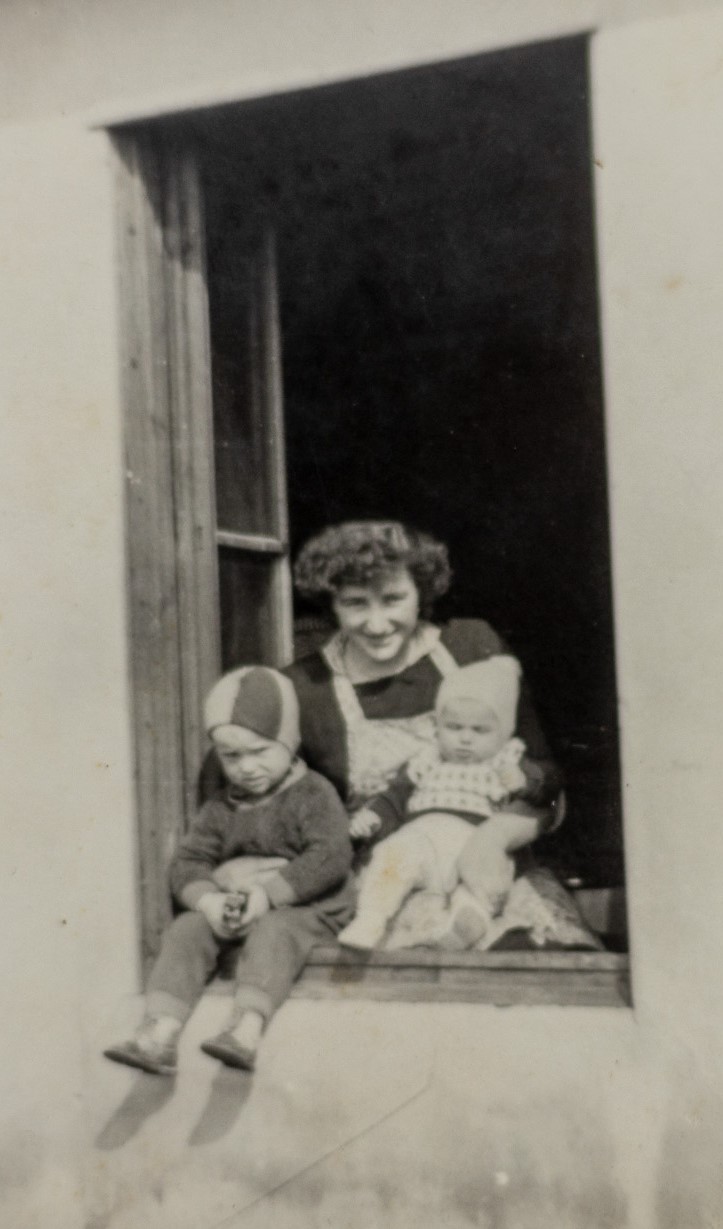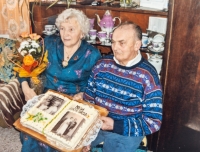She started going to school in Czech at the age of eleven

Download image
Marta Ležáková was born on 17 July 1934 in Bujny Szlacheckie, Poland, near the town of Zélow. The area was inhabited by descendants of Czechs who went into exile for religious reasons after the Battle of White Mountain. In her native village she experienced the arrival of the Red Army up close. Soon after the war, she and her family repatriated back to Czechoslovakia, specifically to Hošťka near Teplá. In the 1950s, the communists nationalized her father’s farm, but she continued to work there until her retirement. In August 1968, she experienced the invasion of Teplá by Warsaw Pact troops. On a tour in the Soviet Union, the bus with her group got lost and she got to know the other side of the country. Marta Ležáková was living as a widow in 2024 in a nursing home in Teplá.










